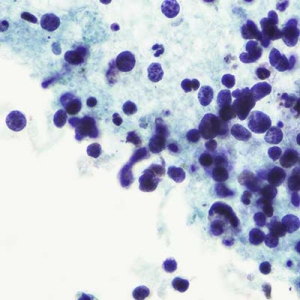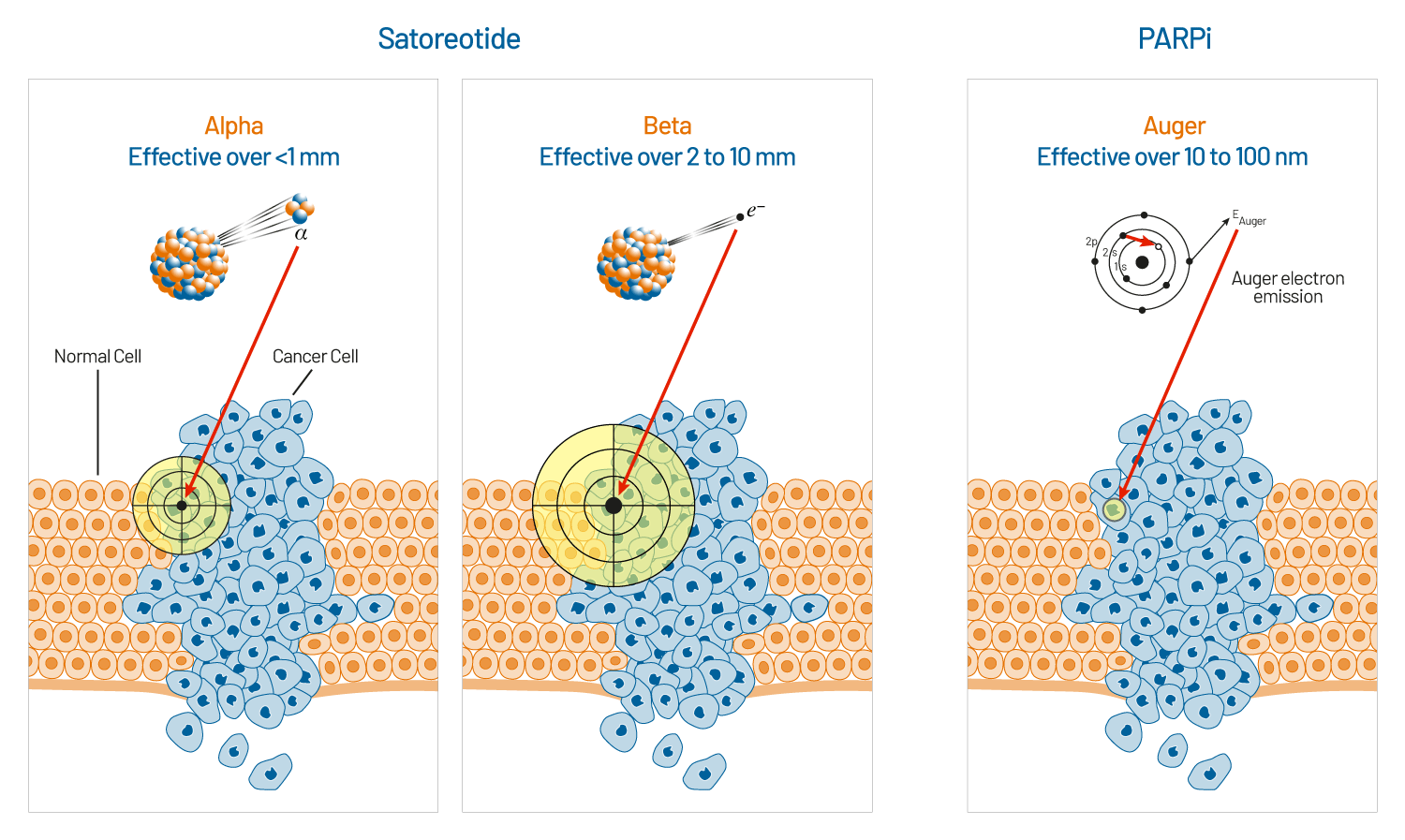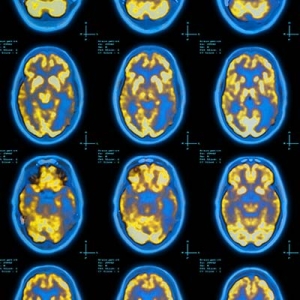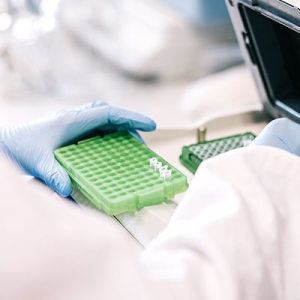Our Technology
Ariceum Therapeutics is developing novel targeted radiopharmaceuticals to visualize and treat cancer
Despite therapeutic advances made in the last decade, there remains a high unmet need for new cancer treatments. Radiation therapy is a proven approach to treating many cancers and is typically administered by an external beam of high energy rays. In contrast, systemic targeted radiopharmaceuticals selectively deliver radioisotopes to tumors via the bloodstream.
Ariceum is focused on designing and developing novel targeting molecules that specifically recognize and bind structures on the tumor cell surface or on the DNA of the tumors cells. Radioactivity that is coupled to those targeting molecules will be delivered with high efficiency to cancer tissues via the bloodstream. The drug travelling via the bloodstream ensures that small tumors and metastases will also be efficiently reached. The targeted nature of this systemic approach will reduce the exposure of healthy tissue and will minimize side effects.
To date, there are only a few drugs approved that follow this concept.
Target Selection
Published research activities around the globe have identified many structures that are tumor specific or highly enriched on tumor cells. Using certain algorithms, those structures have been filtered and further investigated to provide a selection that are considered good candidates to be approached by systemic targeted radiotherapy.
Targeting Molecules
Satoreotide
Ariceum’s lead molecule, satoreotide, is a proprietary peptide derivative that binds to the somatostatin 2 receptor on certain tumor types. Satoreotide is an antagonist of the SSTR2 receptor. No biological activity is triggered in the tumor cells upon binding of satoreotide to the cell surface. The peptide’s only function is to (i) find and bind to SSTR2 on tumor cells and (ii) to deliver radioactivity to those tumor cells. Upon decay of the radioactive molecule, the alpha or beta particle emitted will severely damage and ultimately kill the tumor cell.
PARPi (Poly(ADP-ribose) polymerase inhibitor)
PARP1 enzymes are activated in response to DNA damage. Their expression is low in normal tissues compare to cancer cells. Ariceum is developing 123I PARPi such as ATT001 that will specifically target activated PARP bound to tumors DNA delivering a therapeutic dose of radiation into the tumors through emission of Auger electron while reducing the impact of radiation on normal tissue.
Choice of Radioisotope
The choice of radioisotope will depend on the intended purpose. Isotopes ideal for imaging will be different from isotopes for optimal tumor eradication. In addition, the half-life of the isotopes and whether they emit alpha or beta particles will have an impact on their therapeutic utility.
About Us
Developing novel targeted radiopharmaceuticals
Pipeline
Discover our pipeline of next generation systemic targeted radiotherapy innovations
Publications
Access our research published in peer-reviewed papers







